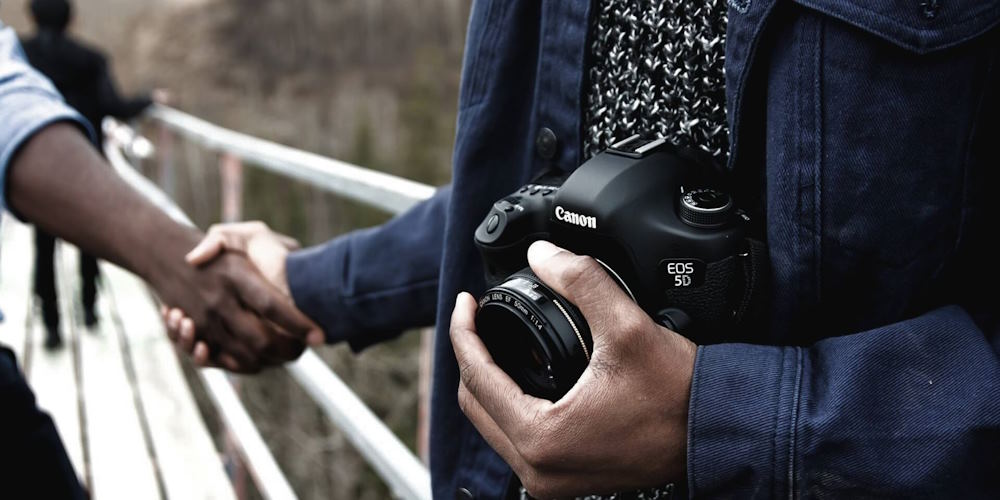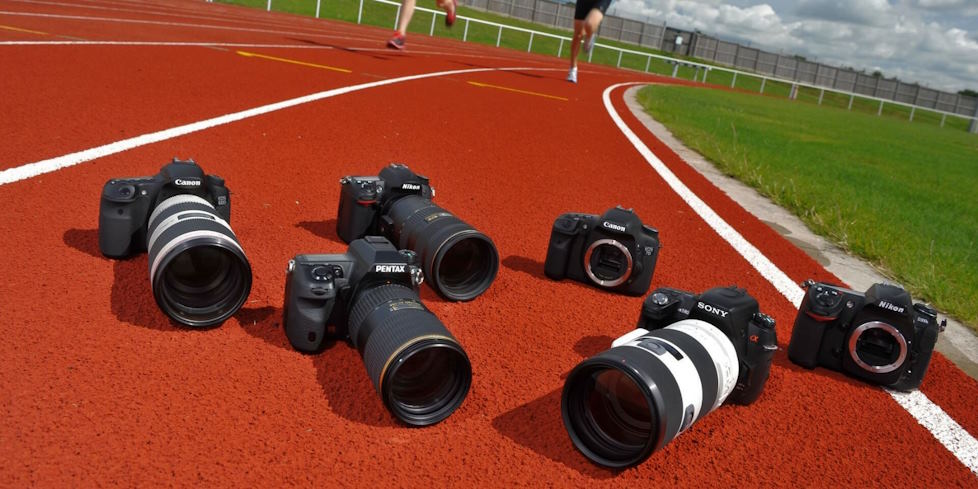Photographers hold a unique position as visual storytellers, but with this creative power comes a significant ethical responsibility. From privacy and consent issues to cultural and environmental sensitivities, photographers must navigate a complex moral and social considerations landscape.
Privacy and Consent
Photographers should always seek informed consent from their subjects, especially in the case of intimate, personal, or sensitive images. This consent should be freely given, with the subject fully understanding how and where the images will be used.
Special care must be taken when photographing children and vulnerable populations. Prior parental or guardian consent is often necessary, and the welfare and dignity of the subjects should be paramount.
Photographers should respect the privacy of individuals in private spaces. Intrusive or non-consensual photography within homes or other private areas is generally unethical.
Cultural and Environmental Sensitivities
Cultural Respect
Photographers must be culturally sensitive, respecting the customs, traditions, and beliefs of the communities they document. It’s important not to exploit cultural subjects for aesthetics or storytelling.

Environmental Impact
Ethical considerations in landscape and wildlife photography extend to the environment. Photographers should minimize their impact on ecosystems and wildlife, especially in delicate or protected areas.
Conservation and Responsibility
Images that depict environmental degradation or social injustices carry ethical responsibilities. Photographers should consider the potential consequences of their work and may choose to advocate for change or offer solutions.
Ethical Considerations in the Digital Age
The rise of digital photography and social media has introduced new ethical challenges:
- Photographers should be mindful of image ownership and respect copyright laws, giving proper credit when using others’ work and protecting their own.
- The manipulation and spread of misleading or false images can have serious consequences. Photographers should prioritize accuracy and authenticity.
- The ease of digital manipulation requires a heightened ethical awareness. Photographers should avoid creating deceptive images or manipulations that harm the subjects.
- In an era of online harassment, photographers must maintain respect and integrity in their professional and social media interactions.




